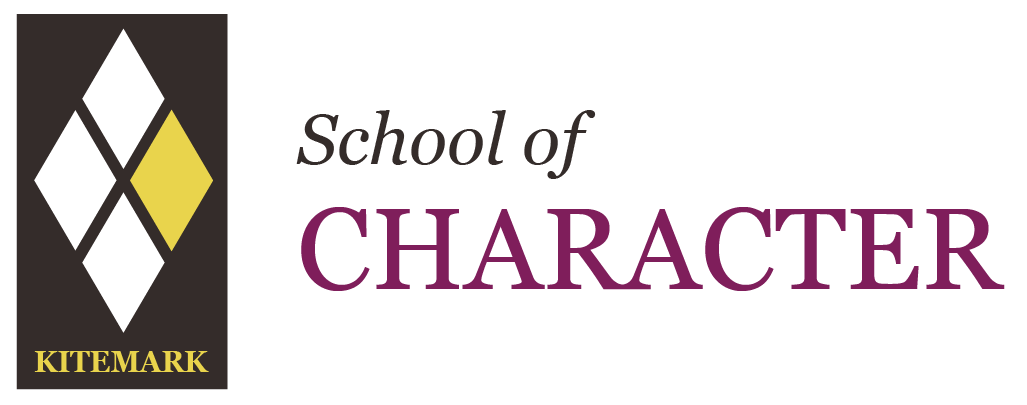Science
AFMS Science Department


Curriculum
Intent
The science curriculum at Aston Fields Middle school is designed to ensure coverage of the National Curriculum content, but will more importantly engage pupils’ curiosity and take them on a journey of learning focusing on how to relate scientific ideas and explanations to phenomena in the world around them. Our intent is to nurture inquisitive, knowledgeable and practical young scientists.
At Aston Fields Middle School we aim to ensure all pupils:
- Leave Aston Fields Middle School with a fundamental understanding of a range of scientific ideas in the subject disciplines and an ability to apply this to more complex phenomena over time.
- Investigate their own lines of enquiry in a more systematic way and begin to recognise how these ideas help them to understand and predict how the world operates.
- Develop a wide range of practical skills whilst investigating scientific ideas in the subject disciplines of biology, chemistry and physics.
- Pay increasing attention to objectivity and concern for accuracy, precision, repeatability and reproducibility.
- Have the ability to make connections between the subjects as the big ideas underpinning scientific knowledge and understanding are identified.
- Apply their numerical understanding to scientific problems and read, spell and pronounce scientific vocabulary accurately
- Develop their reading skills.
- Have opportunities which are character building.
- Are prepared academically and practically for lifelong learning about the world around them.
- Experience a range of extracurricular events and workshops which increase cultural capital and preparedness for the world beyond school.
Implementation
All pupils have access to a broad and balanced science curriculum as shown during lesson observations, learning walks and work scrutiny.
The pupils are provided with
- A carefully sequenced and ambitious scheme of learning that builds across the year groups incorporating opportunities for recall and embedding of knowledge within and across the disciplines.
- Challenge questions at the beginning of lessons which are used to revisit ideas and concepts and apply knowledge to new areas of learning.
- Practical activities that develop skills to 'work scientifically.
- Opportunities to be curious follow their own line of enquiry, make predictions based on previous learning and then to be precise and accurate in measurement.
- Purpose built laboratories where experimental work can be carried out in an objective and systematic way.
- Opportunities to observe modelling of scientific explanations and write them, where scientific vocabulary is used with accuracy and precision.
- Encouragement to engage with science in the real world as events happen that impact on their lives and futures.
- Opportunities to revisit their learning and embed knowledge and skills into their long term memory using creative and formal techniques.
- High expectations of written and numerical work in their science books and creativity and imagination homework.
Teachers work closely together in their year teams and key stages to ensure that there is consistency across and between the classes. Best practice is shared in department meetings which supports CPD and teachers are always looking for ways to engage learners more and excite their curiosity.
Assessment is used to inform planning and pupils are taught how to use creative ways to remember more.
Work scrutiny helps us to see that the curriculum is being implemented as intended.
Impact
We pride ourselves on knowing that many of our pupils are passionate about the world around them and with a broad range of skills and knowledge which will enable them to flourish in their final year of KS3 and into KS4. We pride ourselves on knowing that our pupils are passionate about science and that they understand the importance of working scientifically, using their numerical and explanatory skills to explain findings and know how to collaborate effectively to achieve valid outcomes.
We ensure that our pupils’ attainment is in line, or exceeds their potential. We measure the impact using formative and summative assessment which informs planning. The monitoring of pupils’ books, communication between teachers and the adjustment of lessons to suit individual and group needs ensures that our pupils learn more and remember more and are academically prepared for life after middle school.


Attainment and Progress
Pupils make great progress from their starting points to when they leave Aston Fields. Disadvantaged pupils and those with special educational needs also make significant progress. We are proud that pupils consistently perform well.
Science homework will be set when appropriate; this will consist of creative projects, careers research or revision for assessments.
Science Year Plan 2024 - 2025
|
Term |
Year 5 |
Year 6 |
Year 7 |
Year 8 |
|
Autumn |
Space Forces |
Classifying Living Things Healthy Bodies |
Safety + Investigations Particles (T) Atoms and Elements Chemical Reactions |
Safety recap Health and Lifestyle (T) Separation Energy and Pressure |
|
Spring |
Material World Amazing changes |
Electricity Light
|
Forces and Motion (T) Waves Cells Body Systems |
The Earth (T) Periodic Table Metals and Acids |
|
Summer |
Circle of life Growing Up |
Evolution and Inheritance Investigations |
Reproduction (T) Acids and Alkalis Space |
Electricity and Magnetism (T) Ecosystems Adaptation |
| Welcome To KS3 Science - Miss McNamara - Director of Science |
|
|
- Year 5 Science Key Performance Indicators
- Year 6 Science Key Performance Indicators
- Eco STEM Royal Society Project.
- Year 7 Science Key Performance Indicators
- Year 8 Science Key Performance Indicators
- The Earth Revision Resource
- Particles Revision Resource
- Reproduction Revision Resource
- Forces Revision Resource
- Health and Lifestyle Revision Resource
- Electricity and Magnetism Revision Resource


